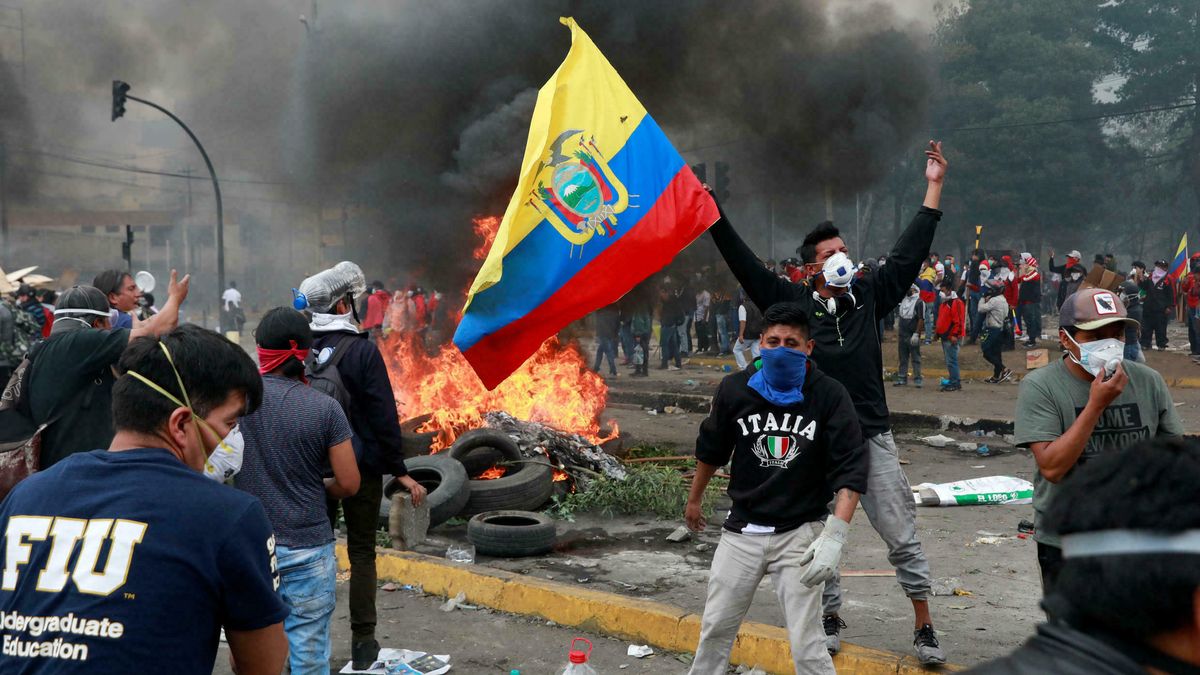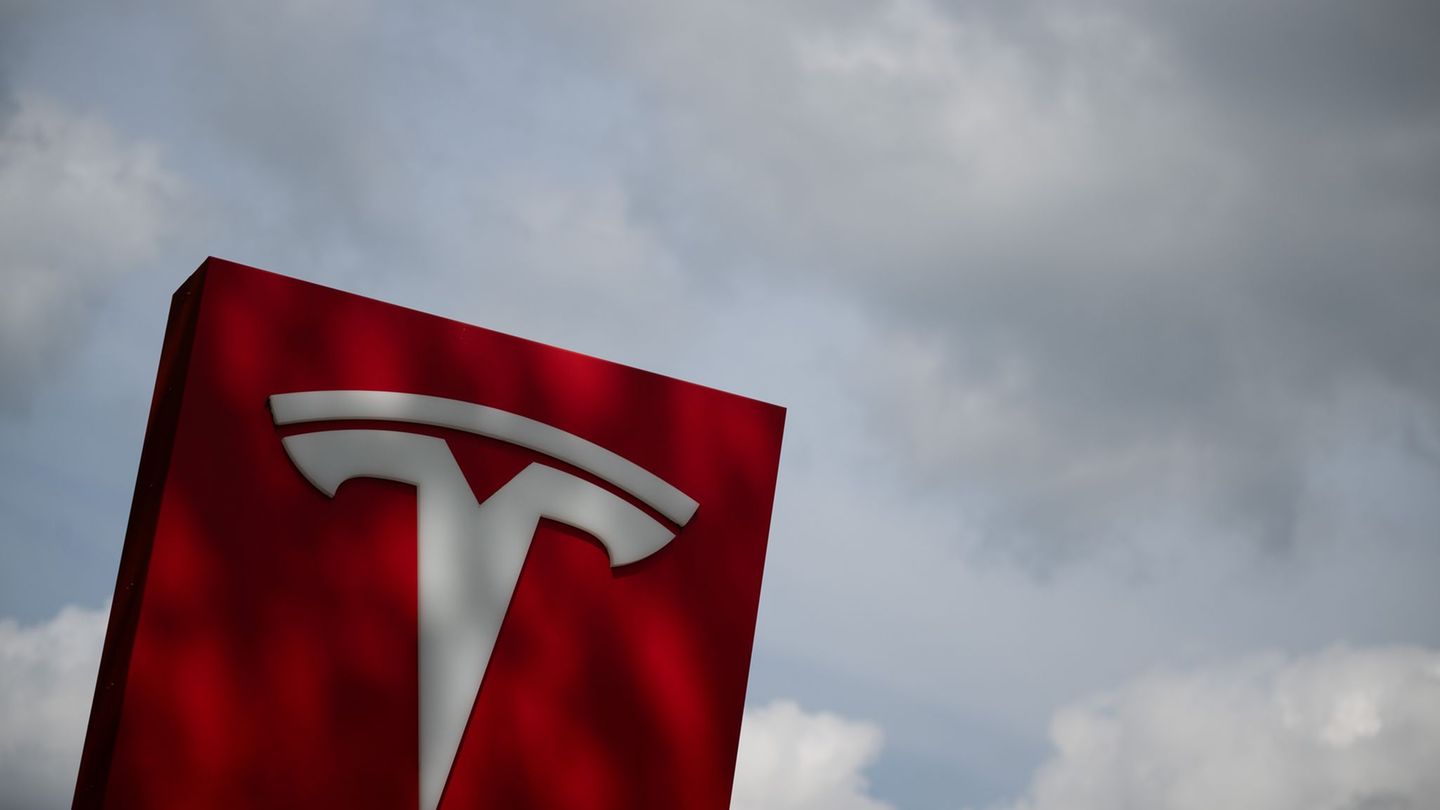The indigenous peoples, who in 2019 also led strong riots against the elimination of fuel subsidies -which left eleven dead-, They will return to the streets and routes to reject the monthly increases applied since 2020.
On Saturday, a gallon (3.8 liters) of diesel went to $ 1.90 compared to a dollar that cost more than a year ago, and ordinary gasoline climbed to $ 2.55, although the oil tanker Ecuador is still one of the countries with cheaper crude oil prices than Latin America.
The president of the Confederation of Indigenous Nationalities (Conaie, of opposition), Leonidas Iza, said that the base structures will mobilize throughout Ecuador, which lives in tension due to high crime rates and prison massacres with more than 2,000 deaths.
Indigenous people, who represent 7.4% of the 17.7 million inhabitants, will leave their communities for the roads and will also march alongside workers and students in Quito, demanding a decrease in fuel prices.
Conservative President Guillermo Lasso, who has called on citizens to defend Quito to avoid acts of vandalism such as the 2019 demonstrations that lasted 12 days, warned that he will not allow excesses.
“We are going to develop a whole device to avoid the closure of roads, so that the law prevails because the closure of roads and the obstacle to the free movement of people and merchandise is prohibited by law, “said the president on Monday.
The protests, which aim to be the largest since Lasso took power in May, will take place under the 60-day state of exception decreed a week ago, which ordered the presence of the military in the streets to support police officers in combat. against crime.
The Executive has not suspended so far the freedoms to demonstrate or meet, despite being empowered to do so under the figure of emergency declared throughout Ecuador, located between Colombia and Peru, the world’s largest cocaine producers.
“The problem is when you don’t listen. Logically, the government puts the police, the military. Here comes the confrontations.”, warned Iza, an outspoken opponent of Lasso, to whom he proposes to fix and freeze prices at $ 1.50 for diesel and two dollars for regular gasoline.
On Friday, Lasso froze the new prices and suspended the monthly increases, but could not reduce the discontent, which was joined by opposition social sectors, who will also protest on Tuesday.
If Lasso “retreats to a position of classical neoliberalism, the consequence will unfortunately be a new social outbreak,” political scientist Karen Garzón Sherdek, from the private Sek University, told AFP.
For the economic analyst Alberto Acosta Burneo, from the Spurrier Group consultant, with the recent measure the president “at the end of the day did not manage to lower tensions”, pointing out that the State should continue to allocate millionaire subsidies to fuels in a country that exports oil but must import part of the fuel menu.
“It is going to have to allocate resources that will have to come from somewhere, either from more taxes or from lower expenses, in order to finance” the subsidies, Acosta told AFP.
Ecuador is facing an economic crisis aggravated by the pandemic, which is reflected in an external debt of almost 46,000 million dollars (45% of GDP) and a fiscal deficit of close to 5% of GDP, in addition to 47% of poverty and misery, and 28% underemployment and unemployment.
The government will present to the opposition-controlled Congress tax and labor reforms with a view to reactivating the economy, but that the unions fear that they are measures to make work precarious.
The International Monetary Fund (IMF), which agreed with the Lasso government to review Ecuador’s program with the agency, advocated last week for the gradual elimination of fuel subsidies.
In the 2019 protests, indigenous people forced the then president Lenin Moreno (2017-2021) to reverse the elimination – agreed with the IMF – of subsidies, which for this year represented about 1,900 million dollars.
David William is a talented author who has made a name for himself in the world of writing. He is a professional author who writes on a wide range of topics, from general interest to opinion news. David is currently working as a writer at 24 hours worlds where he brings his unique perspective and in-depth research to his articles, making them both informative and engaging.




